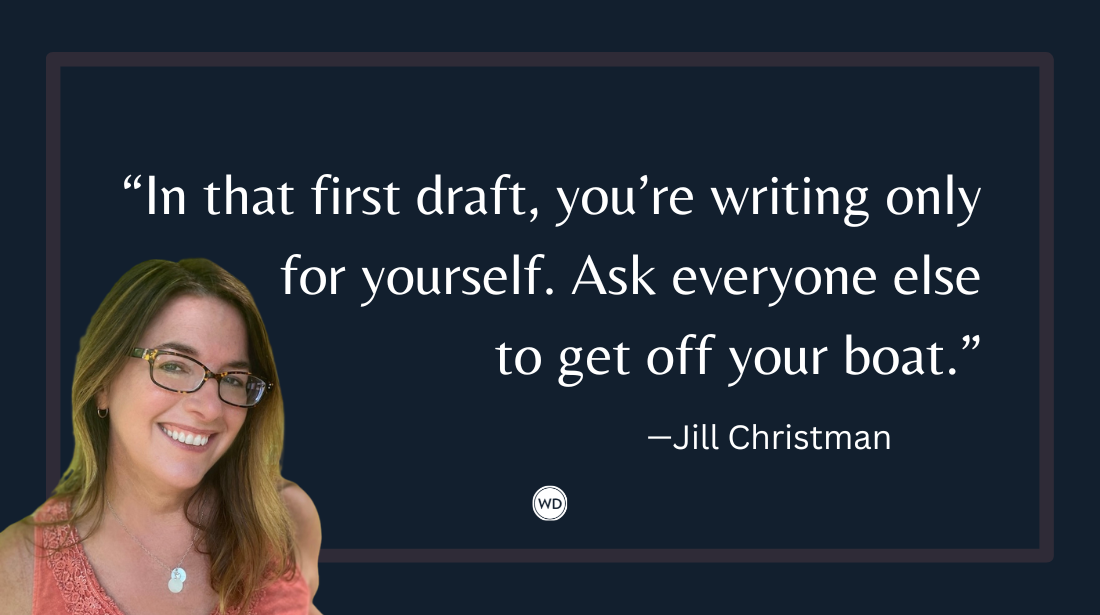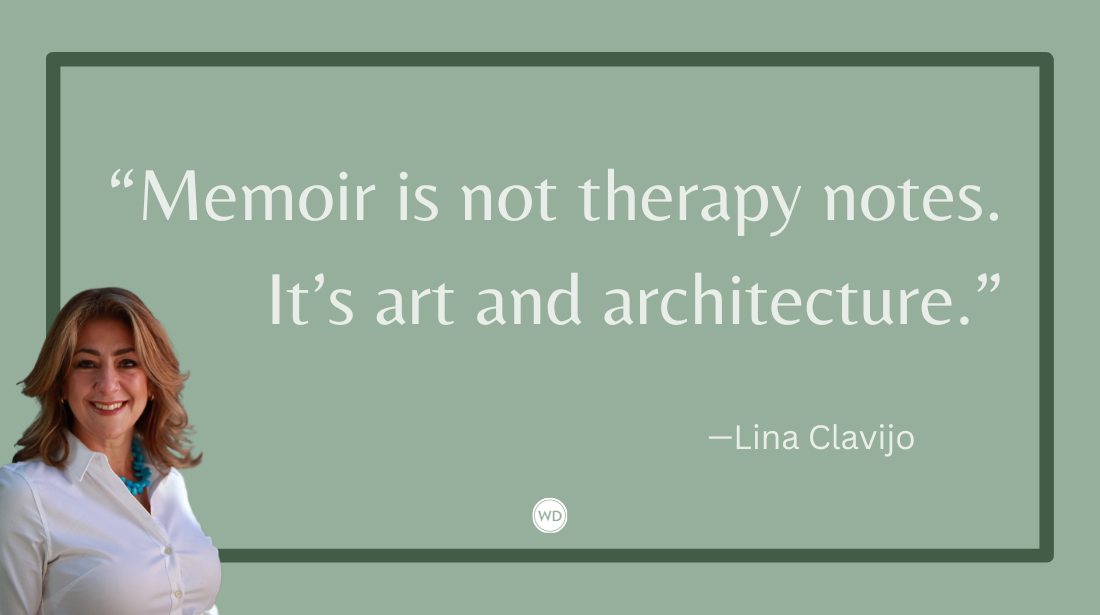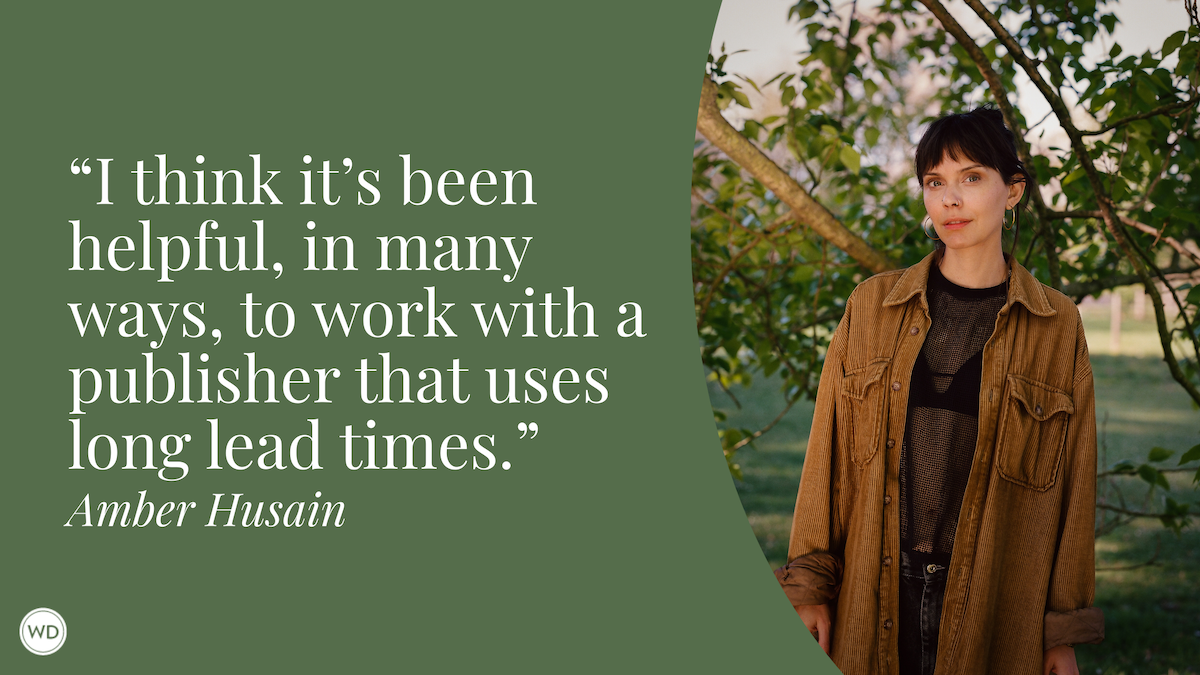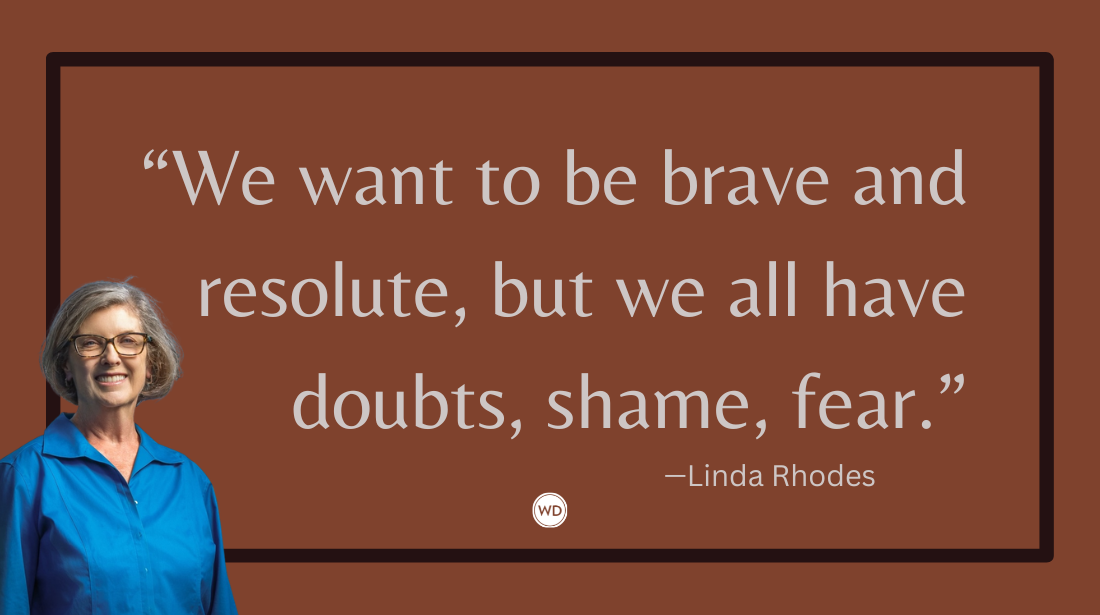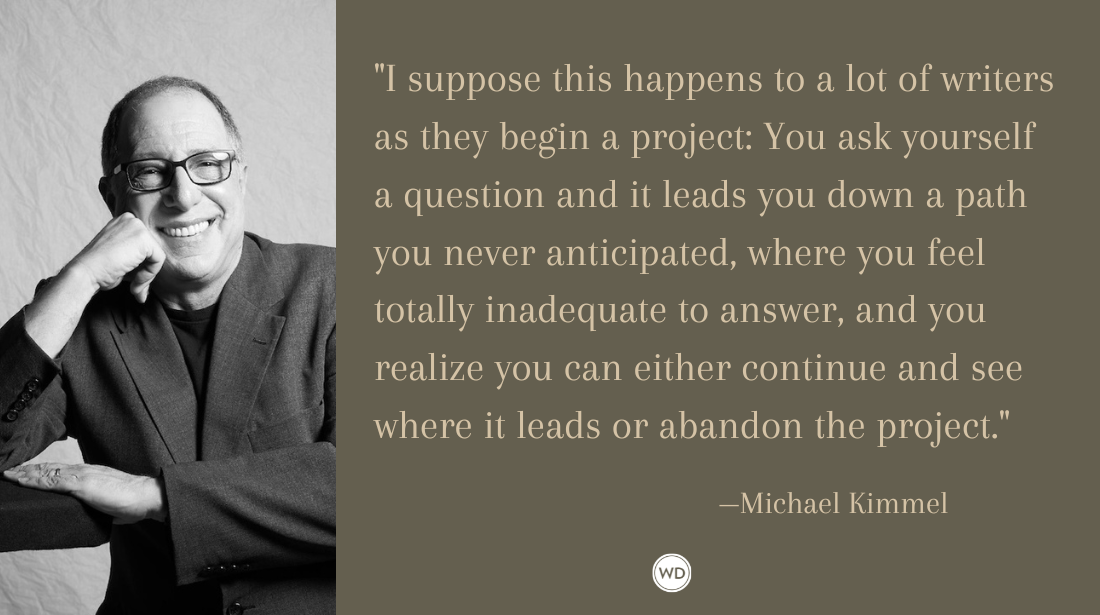Q&A With Michael Larsen
Literary agent Michael Larsen shares wisdom from over four decades in the publishing industry.
What piece of advice has had the biggest impact on your success?
An editor named John Dodds used to tell writers: “If anything can stop you from becoming a writer, let it. If nothing can stop you, do it and you’ll make it.”
This has affected how I look at potential clients. If they’re not committed enough to their craft, their books, and their career, nothing I can do can help them. If they are, they will overcome whatever obstacles stand in their way. Those are the kind of writers I will do whatever I can to help, because I know they will succeed.
What message do you find yourself repeating over and over to writers?
- Become an expert of the kind of book you’re writing.
- Find books and authors to use as models for your books and your career.
- Be a contentpreneur: produce or collaborate a continuing stream of material in all lengths for all media for free and fees, and take responsibility for the success of your work.
- Maximize the synergy of your work by writing books that sell each other and that you can resell in as many forms, media, and countries as possible.
- Make every word count. Word of mouth and mouse are the most potent form of promotion. No amount of marketing can make a bad book sell.
- Build your platform—your continuing visibility on your subject or kind of book with potential book buyers.
- Build communities of writers and publishing people to help you.
- Don’t be guilty of premature submission. Get feedback on your work from a network of knowledgeable readers while you’re writing and after you finish.
- Maximize the value of your book before you sell it by test-marketing it online and off in as many ways as you can to prove it will sell. That’s the only way to get the best editor, publisher, and deal for it.
- Chicken souperman Jack Canfield said: “A book is like an iceberg. Writing is ten percent; marketing is ninety percent.” Create a promotion plan that proves you will make your book succeed because of what you will do for it.
- Take the long view as well as the short view. Writers usually become successful by writing a series of books that sell each other and build an audience for their work.
- Make nothing more important than your commitment to your craft and your career and you will succeed.
What's the worst kind of mistake that new writers can make?
Submitting work with obvious mistakes. This proves three things, one unfortunate, two fatal:
- They can’t write publishable prose, a challenge they can meet in time.
- They aren’t professional enough to get feedback on their work before submitting it.
- They don’t understand that every word counts, that agents only read far enough to make a decision. If a query letter has obvious mistakes, agents assume that the submission will and won’t bother reading it. The given: if they can’t write a letter, they couldn’t write a book.
What can’t you live without in your writing/agenting life?
As a writer and agent: my wife and partner Elizabeth Pomada, an office, a telephone, computer with access to the Web, access to news about publishing, books, bookstores, jazz and classical music.
As an agent: clients, good relationships with a network of editors, trips to New York to see them, other agents to talk shop with, opportunities to meet writers.
If you could change one thing about publishing, what would it be?
Most books are privished—technically published but not given the means and resources to succeed. Big and midsize houses are doing too many books. They buy books but don’t have the resources needed to market and sometimes edit them to help them fulfill their potential. I would limit publishers to publishing only the number of books that they can do justice to.
As an agent, what’s the biggest change you’ve seen in publishing in the past 5 years?
The empowerment of writers. Technology enables writers to research, write, sell, publish, and promote their books; build their visibility and communities of people to help them; and reach readers in more ways and places than ever. E-books and Facebook will shape the future of publishing.
But the competition from other books—including those on their publishers’ lists—other media, and all of the ways consumers can spend their free time and discretionary income forces writers to promote their books if they want them to succeed.
Do you have any advice for new writers on fostering a strong author-agent relationship?
- Agents are as variable as writers in their personalities and how they work. Meet with an agent who wants to represent you so you can see if you’ll work well together.
- Agree on how the agent will try to sell your book, when you can expect to hear from the agent, and how you will communicate.
- Ask questions when you have them.
- Remember who works for whom.
What is the biggest success in your writing/agenting career?
As a writer, the six books I coauthored in the Painted Ladies series about Victorian houses which sold more than half a million copies. As an agent, selling Dan Millman’s Way of the Peaceful Warrior, which has sold more than two million copies and been made into a movie.
Any final thoughts?
Now is the best time ever to be a writer. There are more
- subjects to write about
- ways to get feedback on your work
- ways to reach more readers in more places
- options for getting published
- readers in more places
- more books to choose from
- ways to get books
- ways to promote and profit from your books than ever before. And technology is the greatest gift to writers since the printing press. Persevere and your success is inevitable.
About the Book
Master all the elements of a persuasive proposal with How to Write a Book Proposal, 4th Edition by Michael Larsen.
Read an Excerpt!
Learn how to craft an irresistible opening and hook in chapter 7 of How to Write a Book Proposal, 4th Edition
Michael Larsen is of Larsen-Pomada Literary Agents. He has represented hundreds of books, and authored the guide HOW TO WRITE A BOOK PROPOSAL, 4th Ed. He runs the San Francisco Writers Conference, which takes place every President's Day weekend.




